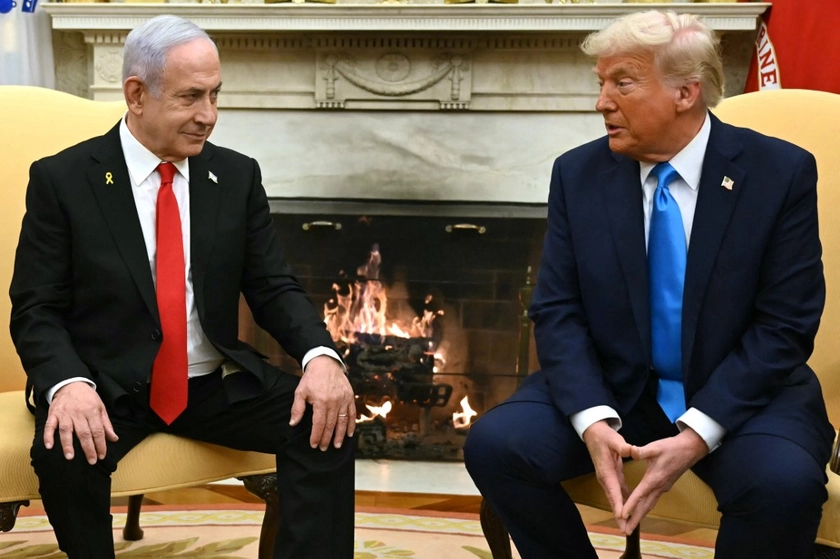May was a difficult month for Kyiv – a dramatic uptick in Russian missile and drone attacks kept the capital awake night after night as the sounds of explosions rocked the city.
JOIN US ON TELEGRAM
Follow our coverage of the war on the @Kyivpost_official.
June, so far, has been quieter but with a new month, comes a new focus of concern – Ukraine’s long awaited summer offensive.
After months of build-up and arguably too much hype, the country’s armed forces have launched a number of limited and probing attacks against Russia’s defenses with a main thrust still yet to come.
On the streets of Kyiv, a quiet confidence reigns but one that is checked by a realisation that there is a long and costly slog ahead.
Roman, a 32-year-old military lawyer from Kharkiv, stressed that people shouldn’t expect a repeat of Ukraine’s counteroffensive last year in which it took back great swathes of territory in his home region thanks in large part to the Russians being distracted by a separate Ukrainian push in the Kherson region launched a few days previously.
“This is not the Kharkiv operation when the Russians were deceived by Kherson,” he tells Kyiv Post. “Now no one is being deceived – the enemy knows there will be a counteroffensive.”
“I think it's better to be careful and slow, with fewer human losses, and fewer losses of equipment, than to advance abruptly and quickly, and then have to say ‘let's save up for another year for new equipment.’
Saudi Сrown Prince Tells Putin He Supports ‘All Initiatives’ to End Russia’s War in Ukraine
“I think everything is fine. This is not wrestling, where you need to win quickly. The people who planned this have bigger heads than horses.”
In terms of official announcements, the summer offensive was launched in silence, with President Zelensky only acknowledging it was underway nearly a week after a significant uptick in Ukrainian military activity.
Since then, the defense ministry has been issuing daily updates but only in relatively broad terms and there has been no mention of Ukrainian casualties.
No one Kyiv Post speaks to seems to mind the limited information coming from their political and military leaders, accepting it as a necessary part of the summer offensive.
“I think that the military leadership is doing everything properly, and what they can tell us, they will tell us,” says Yehor, a 19-year-old student at the Kyiv Mohyla Academy.
Olya, 18 and Yehor, 19, both students of Kyiv Mohyla Academy.
“I have seen information about the liberated villages, and it is encouraging. I think everything is going according to plan.
“Everything we need to know, we know. When it is possible to say more, we will be told. I have no problem waiting for the official information.”
There is a clear realisation among people in Kyiv that regardless of what is happening right now on the front lines, the summer offensive will be a long battle against an enemy still in possession of significant resources, that has had time to build up formidable defensive positions.
Tetiana, 54, says: “It doesn't happen like in a fairy tale, one attack and then the enemy is forever defeated.
“Especially when the enemy is so strong.”
Roman, Natalia, and Valeriy pictured on Kyiv’s Khreschatyk Street.
Valeriy, a 27-year-old theatre director from Kharkiv, is confident of victory but painfully aware of the costs involved.
“We’re gonna win for sure,” he says. “But it is scary how things are going. I'm scared for the guys.”
Lilya, a 45-year-old photographer, worries that even some Ukrainians, never mind foreigners, don’t fully appreciate the human cost involved in liberating the country.
“They don’t understand that every 15 centimetres of the de-occupied territory is paid for by the lives of our troops,” she says, adding: “I am very worried about each and every one who was killed – I look at all the lists and all the videos.
Lilya: “There are professional people, the military, and the Ukrainians trust them.”
“It is bad for my mental health, but these are the people who protect me. These are professional people, the military, and the Ukrainians trust them.
“I consider everything else superfluous at the moment.”
You can also highlight the text and press Ctrl + Enter











